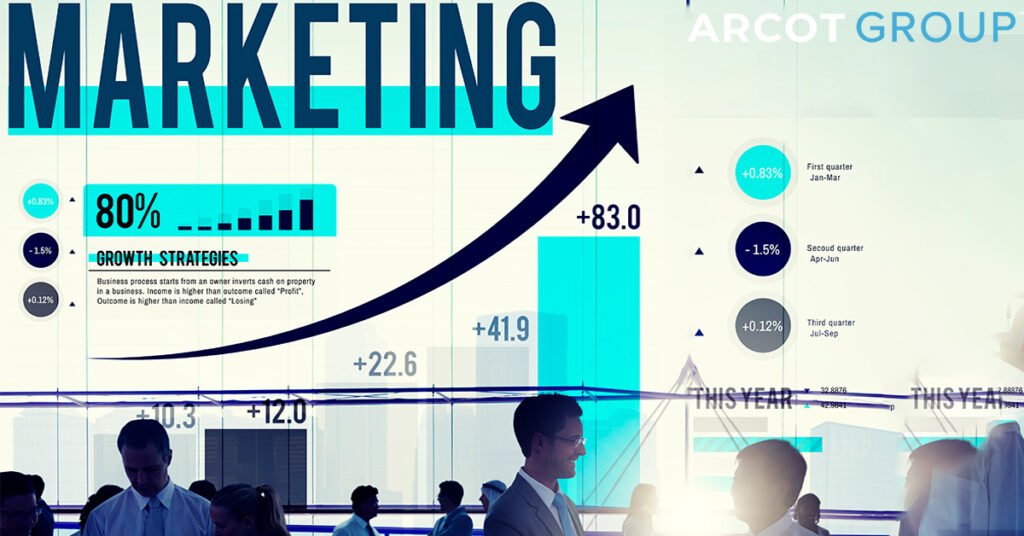Introduction:
In today’s data-driven world, businesses are increasingly recognizing the power of data in shaping effective marketing strategies and driving business success. Data-driven marketing involves leveraging customer insights and analytics to make informed decisions, deliver personalized experiences, and optimize marketing efforts. In this blog post, we will delve into the transformative impact of data-driven marketing on business success. Explore how harnessing the power of data can lead to improved customer engagement, increased conversions, and sustainable growth.
1. The Evolution of Data-Driven Marketing:
Data-driven marketing has evolved significantly with advancements in technology and the availability of vast amounts of customer data. Traditional mass marketing approaches are being replaced by personalized, targeted campaigns that leverage customer insights to drive engagement and conversions.
2. Leveraging Customer Insights for Competitive Advantage:
Data-driven marketing allows businesses to gain valuable customer insights that can be used to identify target audiences, understand customer behavior, and tailor marketings messages to specific segments. By leveraging these insights, businesses can create highly relevant and personalized campaigns that resonate with their customers.
3. The Role of Analytics in Data-Driven Marketing:
Analytics plays a crucial role in data-driven marketings. By employing advanced analytics tools and techniques, businesses can derive actionable insights from large volumes of data. These insights can help optimize marketing campaigns, identify trends, measure campaign effectiveness, and make data-backed decisions to drive business growth.
4. Personalization: The Key to Enhanced Customer Engagement:
One of the significant benefits of data-driven marketings is the ability to personalize customer experiences. By utilizing customer data, businesses can deliver targeted messages, recommend relevant products or services, and create personalized experiences across various touchpoints. Personalization enhances customer engagement, builds brand loyalty, and drives conversions.
5. Optimizing Marketing ROI with Data-Driven Strategies:
Data-driven Marketings enables businesses to optimize their return on investment (ROI) by focusing their efforts on the most effective marketings channels and strategies. By analyzing data on campaign performance, customer behavior, and market trends, businesses can make data-backed decisions to allocate resources efficiently and maximize marketing effectiveness.
6. Data Privacy and Ethical Considerations:
While data-driven marketings offers tremendous opportunities, it also raises concerns regarding data privacy and ethical use of customer data. Businesses must ensure compliance with data protection regulations and adopt transparent practices to build trust with their customers.
7. The Future of Data-Driven Marketings:
The future of data-driven marketings holds immense potential as technology continues to advance. Artificial intelligence (AI), machine learning, and predictive analytics will play pivotal roles in further enhancing the effectiveness of data-driven marketings strategies.
Conclusion:
Data-driven marketings has become a game-changer for businesses, enabling them to make informed decisions, personalize customer experiences, and optimize marketings efforts. By leveraging customer insights, analytics, and advanced technologies, businesses can drive engagement, increase conversions, and achieve sustainable growth. Embrace the power of data-driven marketings to unlock new opportunities, stay ahead of the competition, and drive business success in the digital age.
